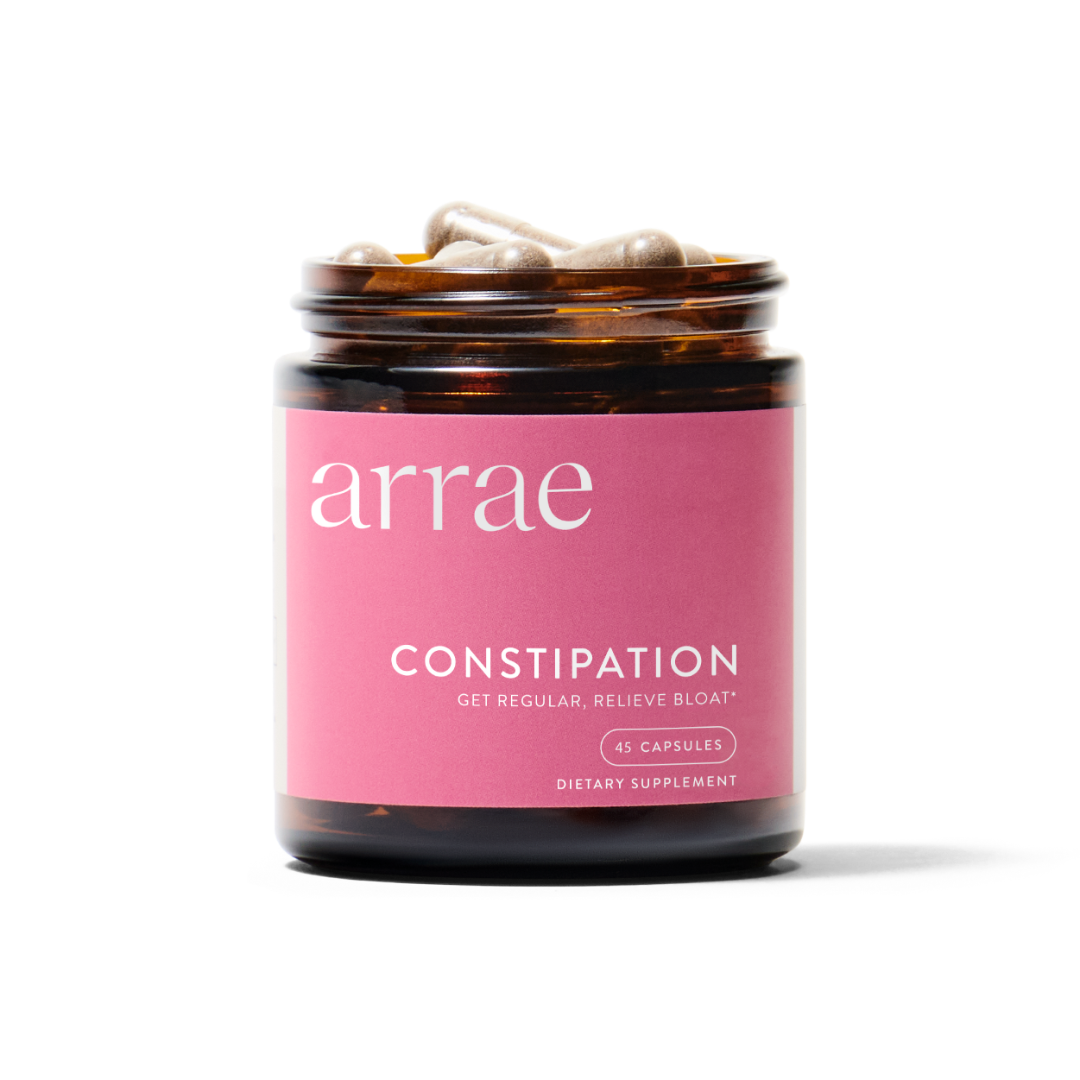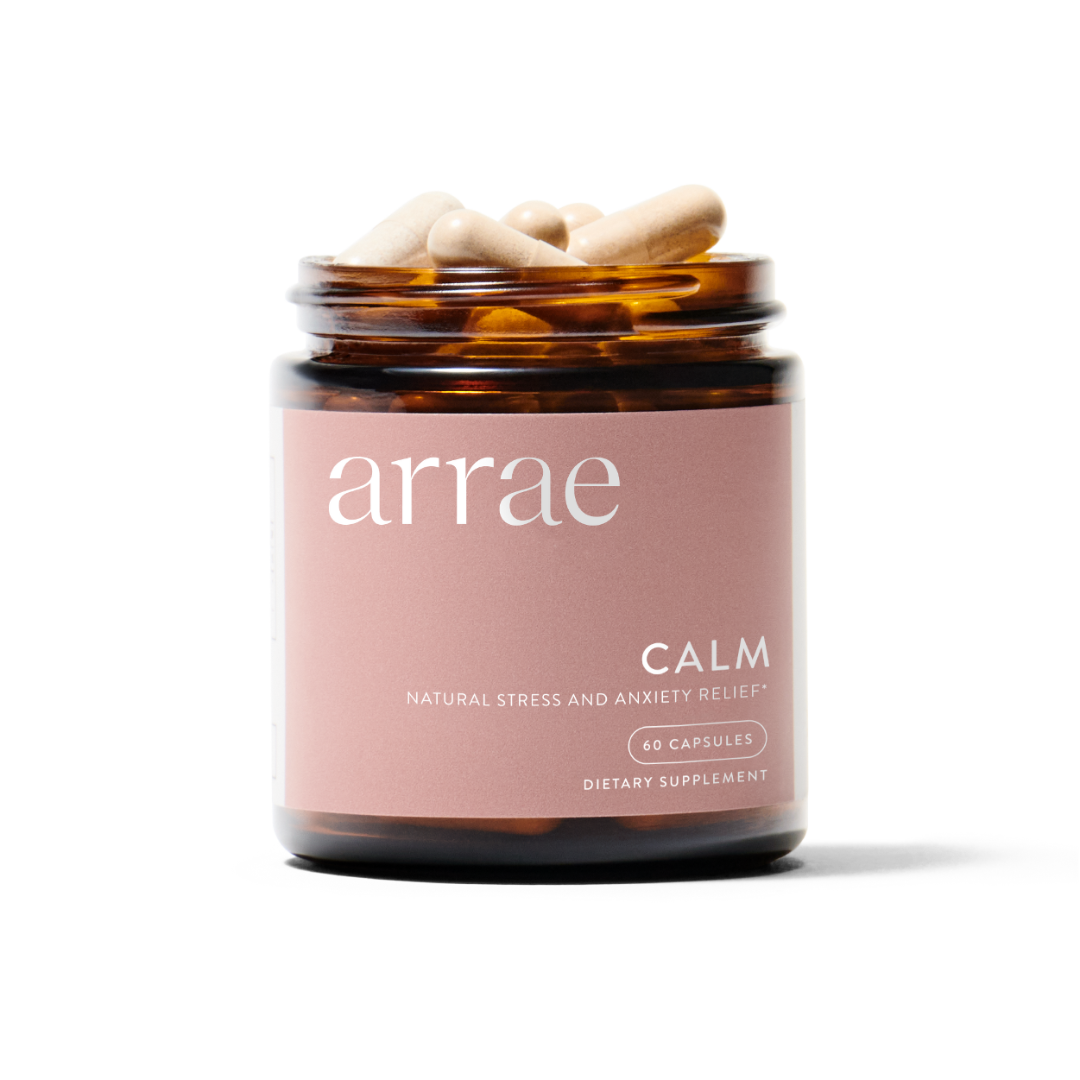How to Prevent Burnout
Let’s face it: stress is a part of life! Sometimes, feeling stressed gives us that extra 'umph' we need to perform at our best, or gives us motivation to head to the gym or finally tackle that to-do list. But, have you ever known you have a million and one things to do, yet all you can think about doing is climbing into your bed, drifting off to sleep, and escaping reality for a little bit? Or you’ve tried to work on a project or brainstorm a list of ideas but you just feel “off” and not like yourself? This may be due to extreme emotional exhaustion, also known as burnout. When we experience burnout, we’re less likely to be engaged in what we’re doing, find it difficult to complete even basic tasks, may be less productive, and experience intense, uncontrollable mood swings.
The Burnout Triad
Overall, burnout is characterized by the triad of emotional exhaustion, depersonalization, and a decreased sense of accomplishment in one’s self or work. Emotional exhaustion includes emotional depletion. Think: you’re feeling monotone, not happy but not sad. Depersonalization is a feeling of being detached from your mind or body. You may start to notice that you’re not incorporating movement as frequently, or that your meditation routine seems like a task instead of something enjoyable. Sense of accomplishment is defined as feelings of achievement related to a goal, and this may decrease with burnout. You might simply be going through the motions, instead of taking a minute to appreciate your growth and hard work.
Burnout can manifest physically; we may feel tired more frequently than normal, have headaches that won’t seem to go away, or experience changes in our appetite or sleep patterns. Research has linked burnout to hypertension, depression, and other health problems. Emotionally, our anxiety might heighten and we may feel unable to think rationally. When anxious or worrisome thoughts crowd our brains, it’s often difficult to think clearly, leading to decreased motivation or detachment. Lastly, we may notice our behavior is different; maybe we’re preferring to spend more time alone or turning to emotional eating to cope. Burnout will be different depending on the person, but research has found that one component often impacts the two others. This may sound scary, or may even be relatable; after all, life, along with its stressors, is always full of surprises. However, there are various tips and tricks (many of which we probably already do!) that can aid in suppressing burnout, getting us back on track to feeling our best.
How to Prevent and Treat Burnout
Not to worry: while burnout is fairly common, it can actually be prevented, and treated. The best part is, many of the wellness techniques we’re already doing work wonders to care for our mind, body, and emotions! Keep reading on to learn more specific tips and tricks, saying bye-bye to burnout and hello to your best self.
Prioritize Self Care: We’ve said it before, and we’ll say it again: caring for ourselves, no matter how, is the key component to replenishing our physical and emotional energy, allowing us to show up for ourselves each day. Self care takes many different forms, and it’s all about what works best for you! Here are some ideas to help you get started, or to give you some extra inspo for your next self care day.
Meditation: While meditation may always seem like the solution, taking a few minutes to sit with your thoughts and breathe with intent is a surefire way to balance your mood and improve focus. Try one of our breathing techniques, or download a meditation app to slip into that sweet, natural meditation high.
Journaling: Putting a pen to paper and dumping everything circulating our minds into a journal allows us to feel released from our constant thought patterns. Re-reading what we write can help us feel relieved (after all, it’s now on the paper instead of in our heads), and may even aid in finding a solution. Start with a simple prompt, like “What am I grateful for today?” or “What word describes my intentions for today? Why?” or simply let your mind wander, all without judgment.
Move your body: Movement, whether it’s a 10 minute morning hot girl walk or an intense, sweaty hot yoga class, will aid in the release of endorphins–those feel-good hormones. Who wouldn’t want more of those?! Exercise can lower our feelings of stress and give us an energetic boost that can carry us through the rest of the day. Instead of pushing yourself to do the most, find what works best for your own mind and body.
Eat a Balanced Diet: You are what you eat, and this holds true especially in times when we’d rather snack on our favorite foods instead of preparing a well-balanced whole foods meal. When we’re feeling stressed, our bodies naturally crave sugar to reach that comforting sugar high. However, eating too much sugar and processed foods can have an adverse effect on our emotional, and physical, wellbeing. A diet, consisting of fruits, vegetables, whole grains, lean sources of protein–like chicken breast– and fatty fish, like salmon, can nourish our bodies, while fueling our minds, decreasing symptoms of anxiety and depression.
Practice Good Sleep Habits: Stress is often concurrent with an increased load of responsibilities or a super busy schedule. But, those late night cram sessions or all-nighters won’t make us feel any better. By making sure we’re getting adequate sleep, we’re letting our bodies rest and recharge for the day ahead. Sleep can provide a great rest for our body and mind, strengthening that mind-body connection and improving concentration and mood, while also aiding in stress-relief.
Shift your Perspective: When we’re feeling stressed, we often forget to pause and assess our situation from a more rational point of view. It can be difficult to feel as though this break will be productive, but, in turn, it will actually allow us to dedicate ourselves more clearly and accomplish even more! Take time to notice how your body is feeling: are your muscles more tense? Do you have a dull headache you’ve been ignoring? If you’re feeling exhausted, ask yourself if there is anywhere you could better allocate your time and energy. Maybe even sneak in an afternoon power nap if you can; those 30 minutes of shut eye can increase productivity and improve your overall mood. Listening to our bodies and minds is a powerful technique that can be extremely useful in both preventing, and treating, burnout.
Stress is a universally experienced emotion, and it’s not uncommon for us to feel overwhelmed. But, no one wants to feel burnt out! By following our tips and tricks, we can ensure that we understand, treat, and prevent future burnout ASAP.
Disclaimer: This blog post is purely informational and does not imply any evaluation by the Food and Drug Administration. This blog post is not intended to diagnose, treat, cure, or prevent diseases, nor should it substitute for advice from a healthcare professional.
References:
Fraga, Juli. “How to Identify and Prevent Burnout.” Healthline, Healthline Media, 18 May 2019, https://www.healthline.com/health/tips-for-identifying-and-preventing-burnout#prevention.
“Preventing Burnout.” Eastern Washington University, https://inside.ewu.edu/calelearning/psychological-skills/preventing-burnout/.
“4 Steps to Beating Burnout.” Harvard Business Review, 27 Aug. 2021, https://hbr.org/2016/11/beating-burnout.





















 Instagram
Instagram TikTok
TikTok Youtube
Youtube Facebook
Facebook Email
Email